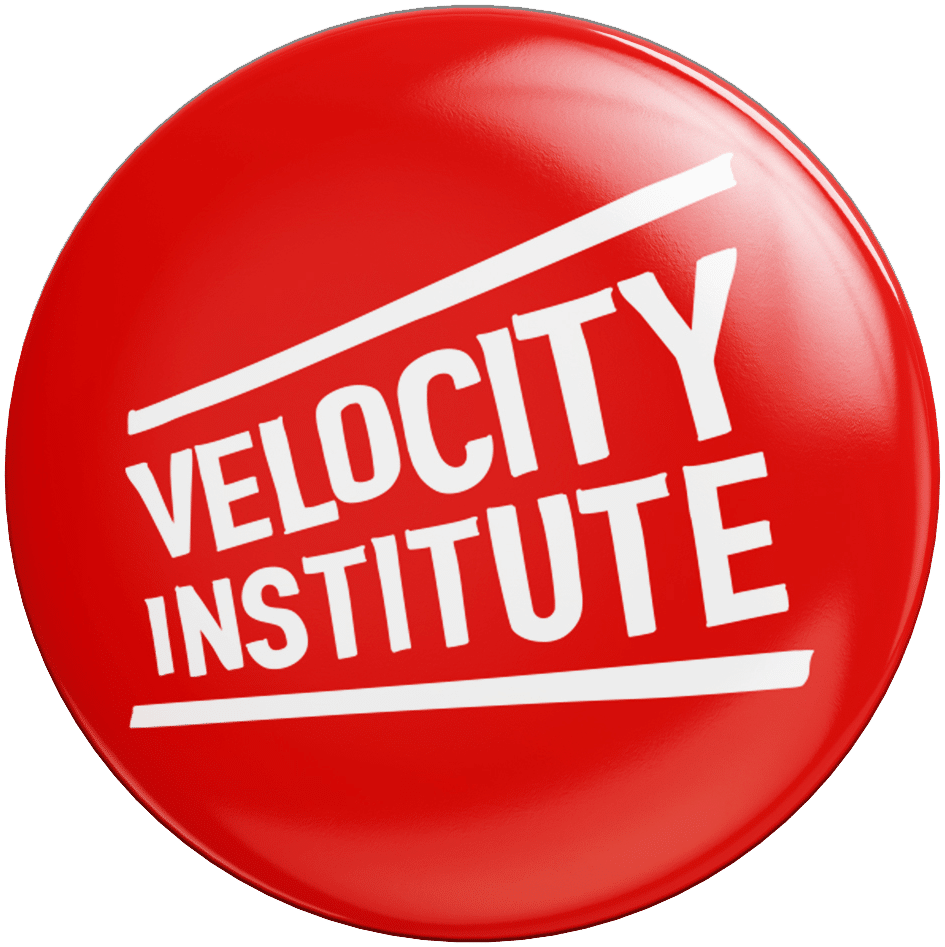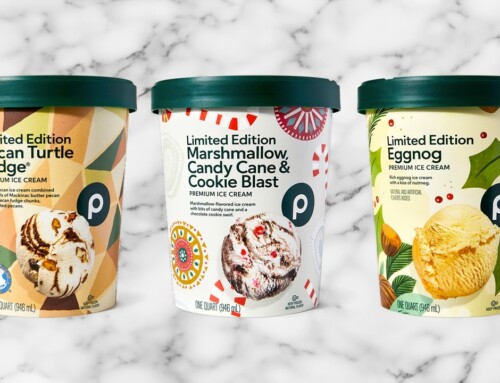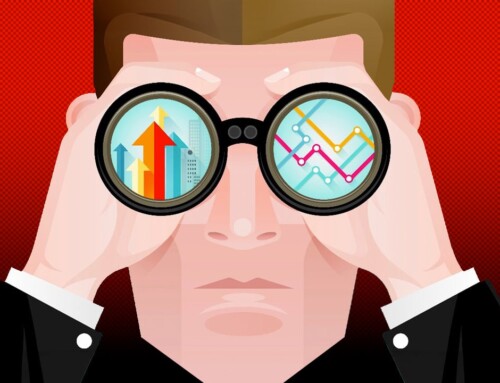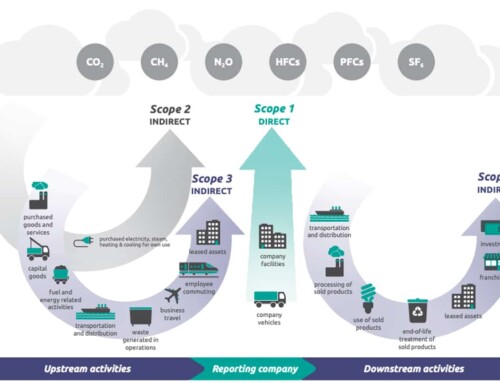
Retailers and private brands have seen huge disruption to their supply chains due to COVID-19 and the war in Ukraine. But this is nothing compared to the impacts to come; the effects of climate change will dwarf those felt in the last couple of years by the pandemic and global volatility. But are too many are still just paying lip service to sustainability instead of seeing it as the bountiful opportunity it is?
Maybe somewhat surprisingly, you do not have to be an ‘eco-warrior’ or play into tree-hugging stereotypes to realize that the impact that we have on the planet affects the availability of resources – whether it is agriculture, food, or the clothing on our backs.
It is essentially a cause and effect relationship; if our natural world does not thrive, neither do its resources, and therefore neither do we. And if resources become more scarce, this will have an impact on both cost and risk for businesses across the globe.
The business case for sustainability for private brands and retailers
Private brands have historically been national brand equivalents, some might argue somewhat of a ‘comfort zone’. However, the sustainability agenda threatens that comfort zone as more and more consumers demand environmentally-friendly products and packaging – and at a low cost.
But is this a threat to the status quo or a huge opportunity? With the ability to make changes across multiple product categories, private brands and retailers have a unique opportunity to be driving the sustainability agenda instead of being one step behind. This does beg the question – why are private brands not using their unique power? Is it time to step out of the copycat role and become a frontrunner?
What if we changed the narrative?
Too long has the sustainability agenda been kept out of C-suite conversations, often siloed into small, seemingly tangential departments, and in some cases non-existent. This has meant that it has taken a while for sustainability to be embedded cross-departmentally.
But if the rhetoric surrounding sustainability had been framed differently from the start, perhaps many brands and retailers would not be as late to the party as they are now.
For example, with the prospect of resource scarcity on the horizon, being efficient with what resources we have makes the most logical sense. It also makes sense from a cost perspective; you use less, you spend less.
The reality is that we are in 2022, almost a third of the way through the ‘decade of action’ – the years which are going to count the most towards whether we win or lose this battle against the climate emergency. Consumers are increasingly prioritizing sustainability when purchasing, which means demand is rising for more sustainable products in more sustainable packaging. We are now getting to the point where the only justification needed for adopting more sustainable practices is that without taking the requisite action, businesses will not survive.
Maintaining momentum during times of uncertainty
There is the misconception that because of the volatile world we live in, sustainability needs to be put on the back burner as if it is a hindrance. In fact, your sustainability plans need to be maintained because of the uncertainty surrounding our economies and supply chains; it is what can enable brands to be agile, have a greater ability to adapt quickly, and innovate.
Enabling climate action through supplier engagement
However, none of this is possible without engaged suppliers who are educated around key environmental and social issues. Many innovations coming from upwards from suppliers, and having open and collaborative communications with your suppliers immediately puts you at an advantage.
Private brands, by nature, have some of the largest brand portfolios that exist, and therefore more suppliers. This means they have the largest opportunity for maximum impact and sustainable development out of any business on the planet. The more suppliers who are engaged in sustainability and taking action to transform and improve within the supply chain, the better.
However, we recognize it is quite a beast of a topic to wrap your head around. So, if you are just starting out in your sustainability journey and are not sure where to begin, the Supply Pilot Kickstart Assessment offers you a quick and efficient way to gain visibility on key environmental and social issues within your supply chain and identify areas of risk which need addressing. This enables you to begin mapping out projects and develop a well-informed and risk averse sustainability strategy.

Lucy Moore
Sustainability Content Manager
Lucy is a well-versed thought leader and sustainability wordsmith. As Supply Pilot’s Sustainability Content Manager, Lucy is committed to providing insightful and informative content which simplifies the complexity of addressing sustainability within the world of business.
Related Incites
2025 EVENTS
TICKETS, SPONSORSHIPS & EXPO BOOTHS NOW AVAILABLE







